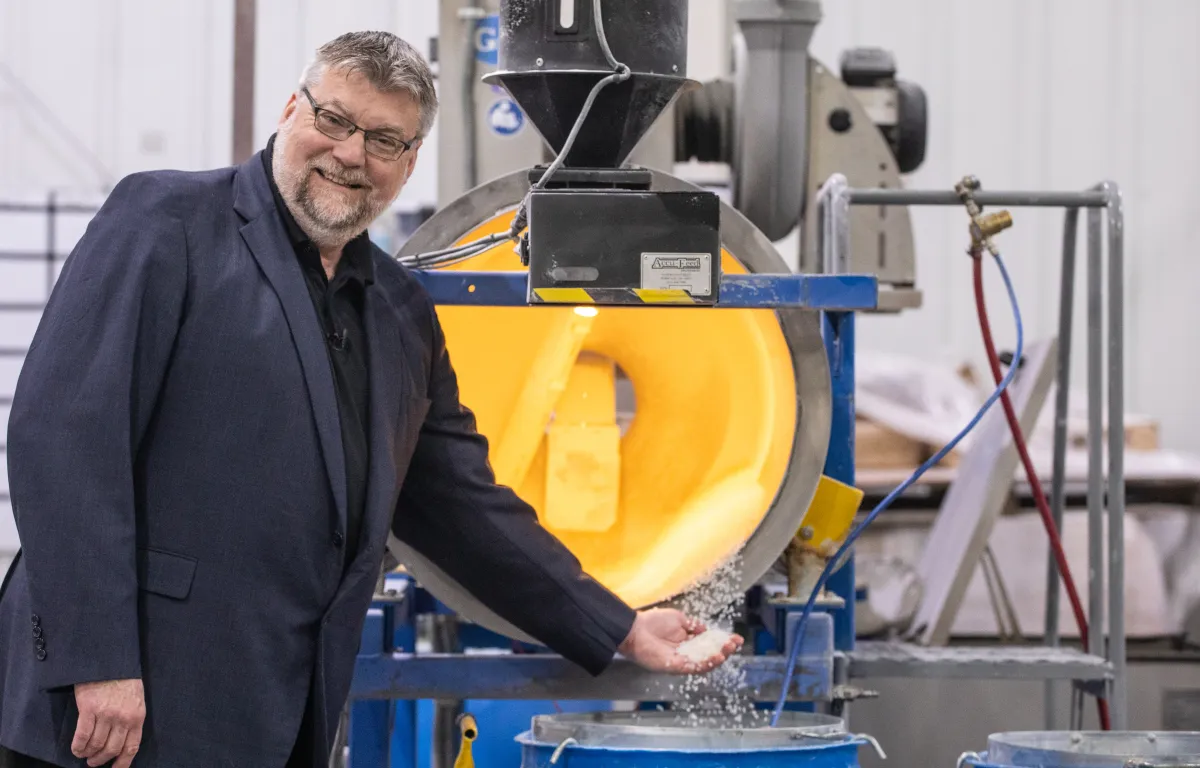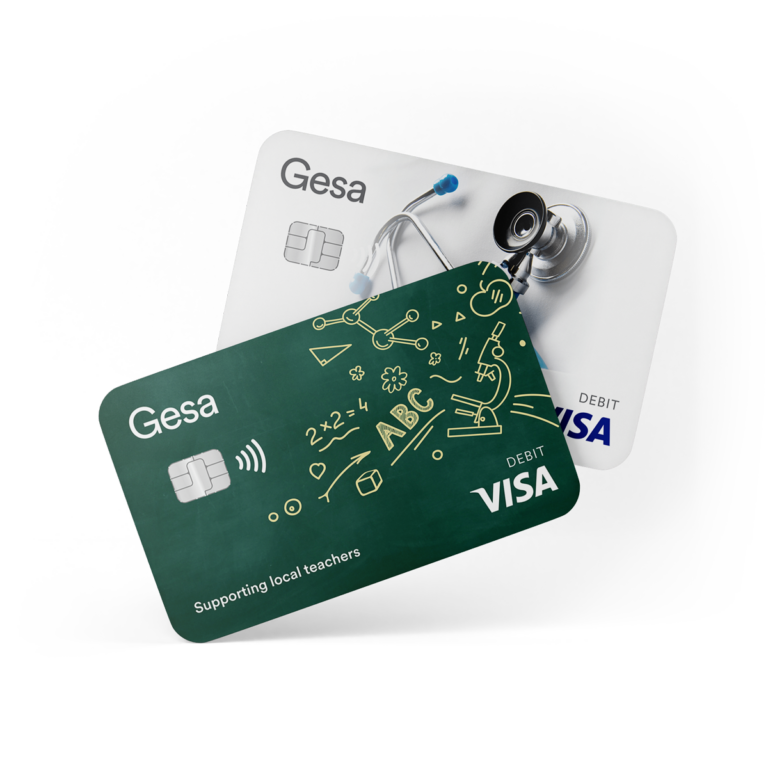Gesa Credit Union will be closed on [X] for [X]. This includes all branches and our Member Contact Center. Regular hours will resume the next business day. Learn more about our holiday hoursGesa Day of Service.
We have a vacancy on our Supervisory Committee. Learn More about how you could help shape the future of Gesa Credit Union.
- For You
Banking made for you.
With best-in-class rates and a variety of everyday banking products, Gesa has the right account, card, or loan for you.
Up to 5.00% APY On select checking accounts! Learn More - For Your Business
We're in the business of growing yours.
We have the accounts, products, and services to help you and your small business succeed.
- About Gesa
People helping people.
Gesa credit union is committed to making a positive impact in the communities we serve.
- Resources
Help when you need it.
Gesa makes banking as easy, convenient and secure as possible.





